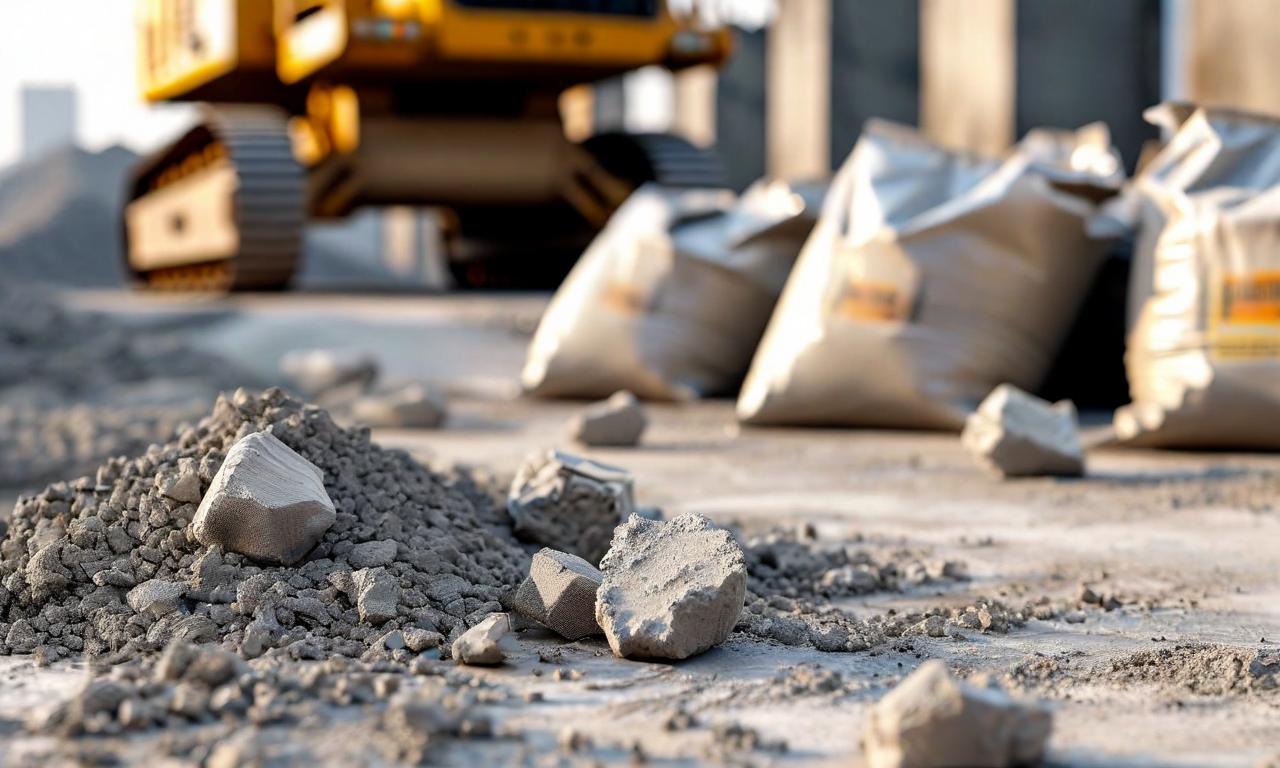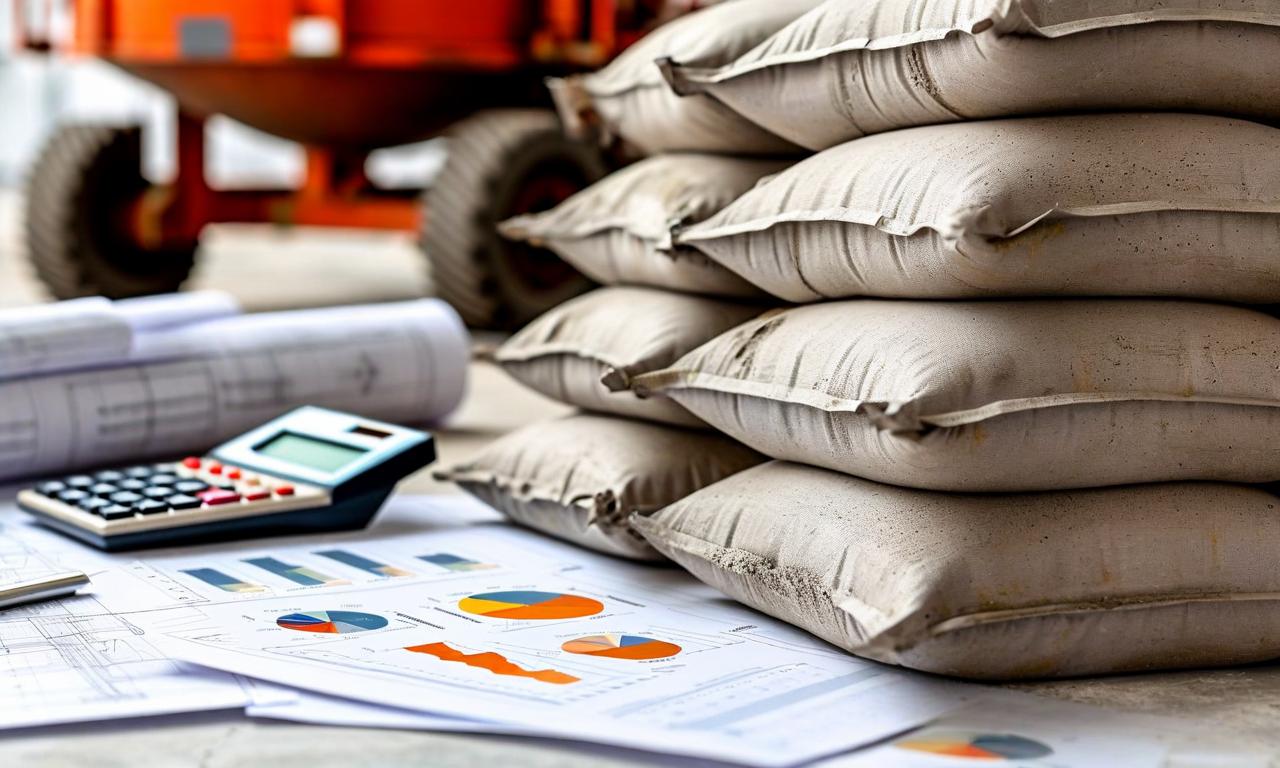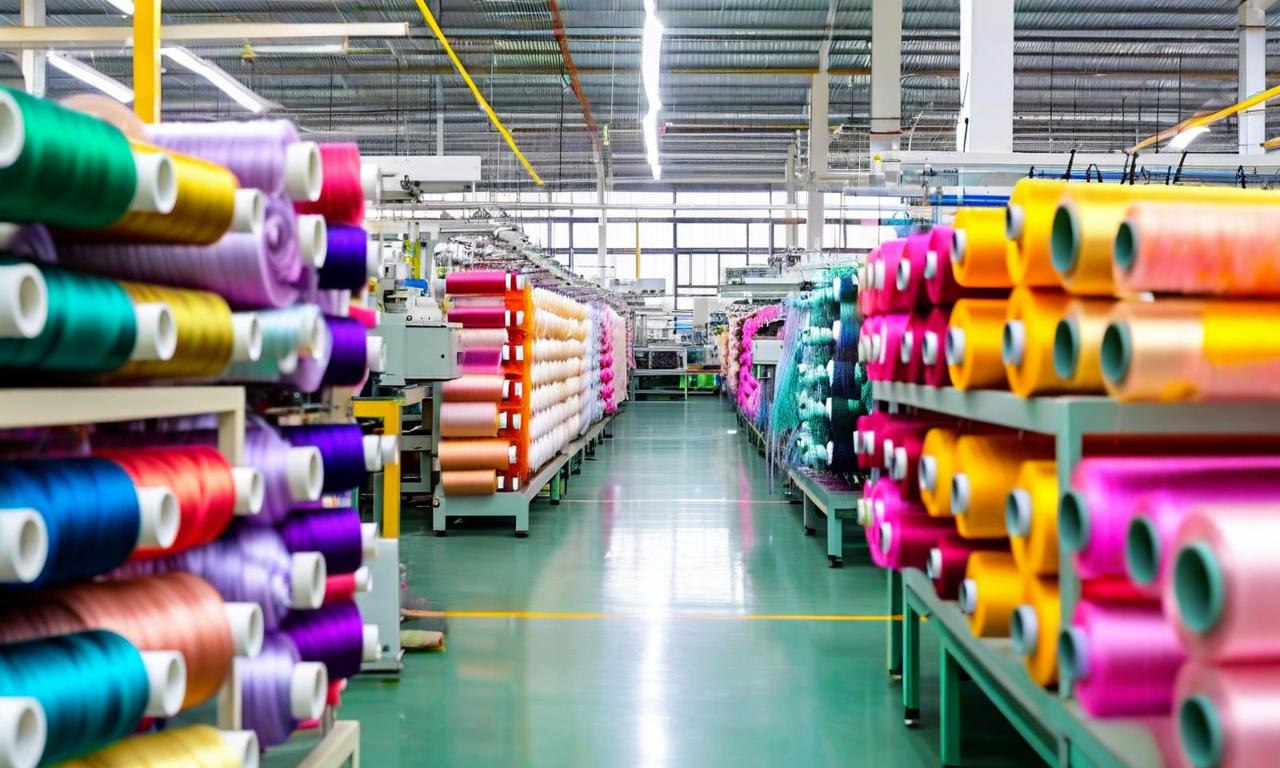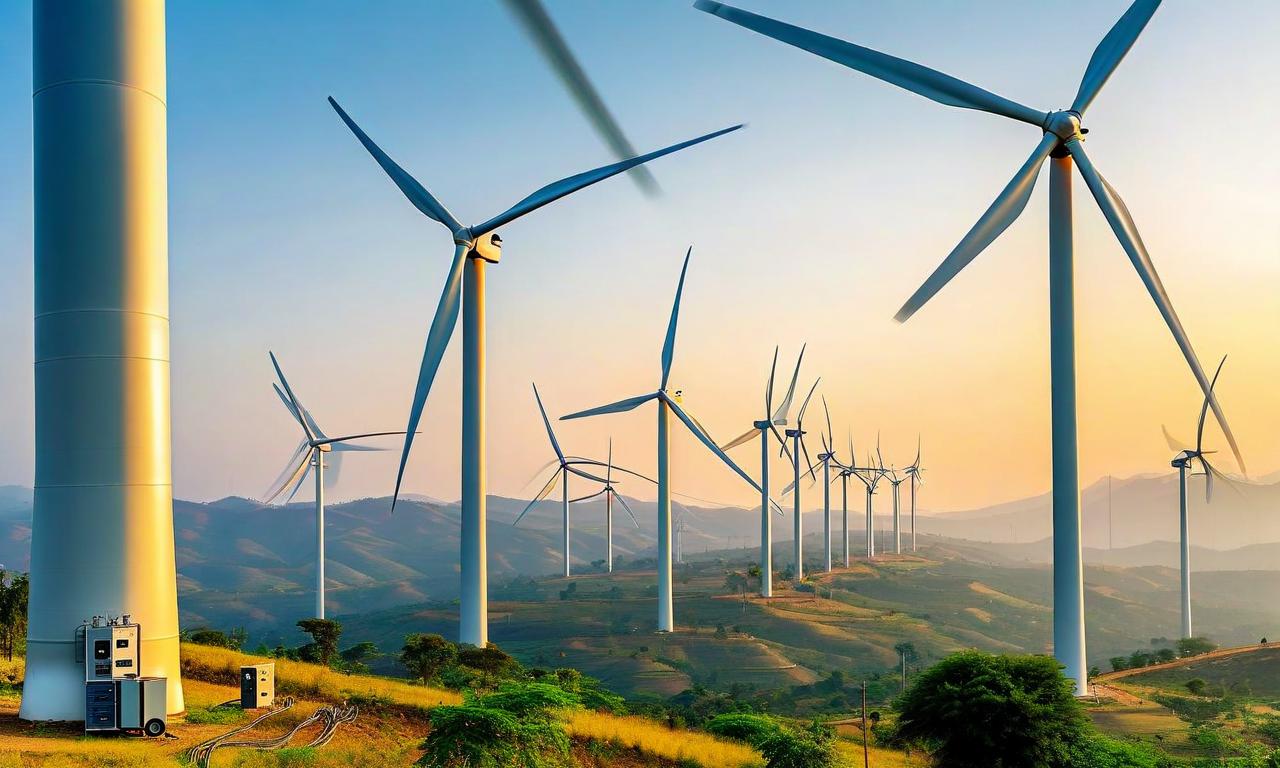Indian Cement Stocks Surge on Proposed GST Cut
Indian cement industry stocks experienced a significant boost following reports of a potential reduction in the Goods and Services Tax (GST) on cement from 28% to 18%. The proposed tax cut could lead to a 7-8% reduction in cement prices, making premium cement more accessible and potentially increasing its market share. Major manufacturers like UltraTech Cement, Shree Cement, Dalmia Bharat, and Ambuja Cements are expected to benefit. While the change may initially impact operating incomes, increased demand could offset this over time. The proposal awaits approval from the GST Council.
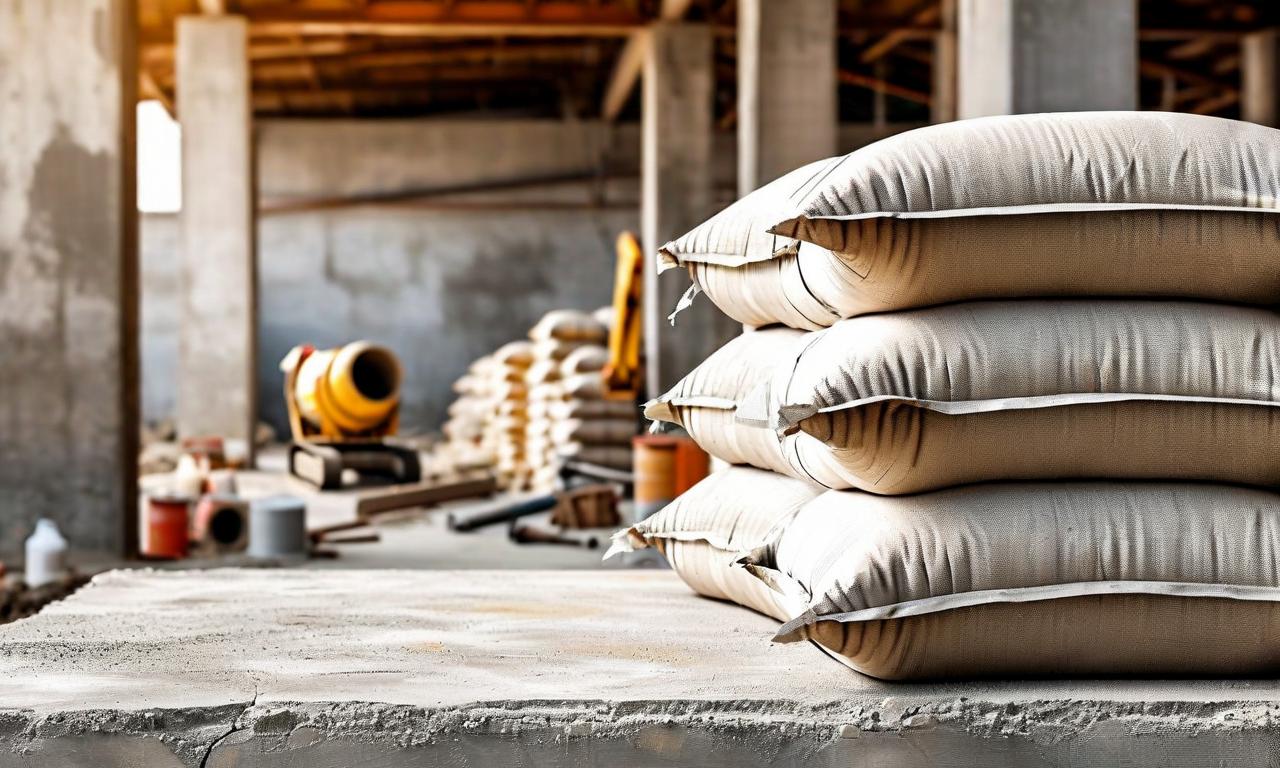
*this image is generated using AI for illustrative purposes only.
Indian cement industry stocks experienced a significant boost following reports of a potential reduction in the Goods and Services Tax (GST) on cement from 28% to 18%. This proposed tax cut, if implemented, could have implications for both cement manufacturers and consumers in India.
Potential Impact of GST Reduction
The proposed GST reduction is expected to have several effects on the cement industry:
Price Reduction: Brokerages estimate that the tax cut could lead to a 7-8% reduction in cement prices, making the product more affordable for consumers.
Market Share Shift: The price reduction is anticipated to make premium cement more accessible, potentially increasing its market share.
Beneficiaries: Major cement manufacturers such as UltraTech Cement, Shree Cement, Dalmia Bharat, and Ambuja Cements are expected to benefit from this proposed change.
Industry Dynamics and Challenges
While the proposed GST reduction presents opportunities, it also poses some challenges:
- Operating Income Impact: Analysts note that the GST reduction may initially impact the operating incomes of cement companies.
- Demand Offset: However, the potential increase in demand due to lower prices could offset the impact on operating incomes over time.
- Slow Response: Historically, cement demand in India has shown a slow response to price changes.
Approval Process
The proposal to reduce GST on cement is not yet finalized:
- The GST Council is scheduled to meet, where this proposal will be up for approval.
- The implementation of the GST reduction hinges on the outcome of this meeting.
Recent Developments in the Cement Sector
While not directly related to the GST proposal, recent LODR data from UltraTech Cement, one of the potential beneficiaries, provides insight into ongoing industry dynamics:
- UltraTech Cement recently received an Order-in-Appeal from the Joint Commissioner (Appeals), GST & Central Excise, Rajkot, regarding a previous GST demand.
- The appellate authority set aside a demand raised under Section 74 and remanded the matter for fresh adjudication under Section 73 of the CGST Act, 2017.
- The company stated that this development has no material financial impact.
Additionally, UltraTech Cement received ESG ratings from Crisil ESG Ratings & Analytics Limited:
- Assigned 'Crisil ESG 59' under the Adequate category
- Core ESG rating of 'Crisil Core ESG 64'
These developments highlight the ongoing regulatory and sustainability focus in the cement industry, parallel to potential tax reforms.
As the industry awaits the GST Council's decision, cement stocks continue to attract investor attention, reflecting the potential impact of this proposed tax reduction on the sector's future growth and profitability.
